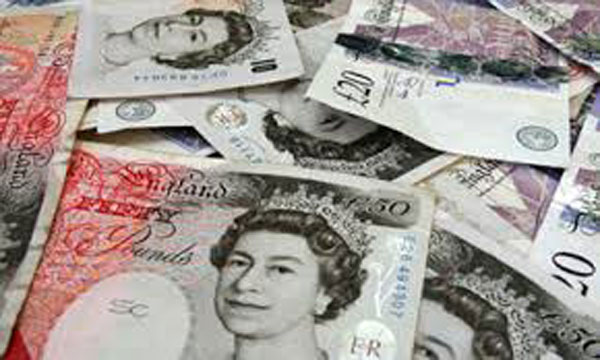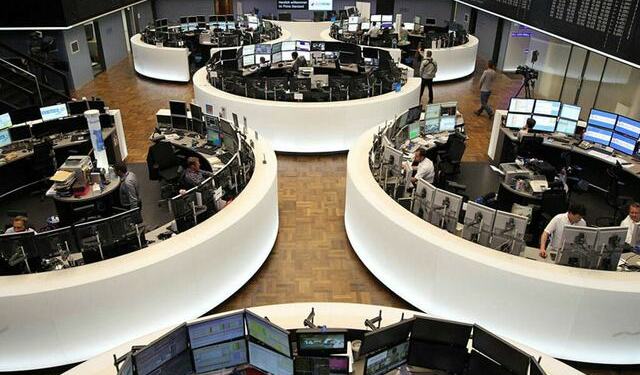Tuesday, 15 September 2015 18:12
 LONDON: Sterling inched up against the dollar and euro on Tuesday after data showed UK inflation fell back to zero in August, in line with forecasts and a relief to some who had been expecting a return to negative territory.
LONDON: Sterling inched up against the dollar and euro on Tuesday after data showed UK inflation fell back to zero in August, in line with forecasts and a relief to some who had been expecting a return to negative territory.
Policymakers reckon inflation is to remain near zero for the next few months after dipping into negative territory for the first time in half a century earlier this year.
That will keep pressure off the Bank of England to raise interest rates soon.
A fall in petrol prices and a smaller seasonal increase in clothing prices than in 2014 were the main drivers for the slight slowdown in price growth from 0.1 percent in July, the Office for National Statistics said.
While most investors do not expect the BoE to hike rates until around the middle of 2016, its US counterpart, the Federal Reserve, is expected to move by the end of the year and perhaps as soon as Thursday.
“Anything that happens this week prior to the Fed has less importance than it normally would,” said Barclays currency strategist Hamish Pepper. “There seems to be a real reluctance for anyone to put too much risk on across G10 currencies and sterling’s no exception.”
Sterling hit an intraday high of $ 1.5456 after the data, up from $ 1.5433 before its release, before easing back to $ 1.5437, leaving it 0.1 percent up on the day. Against the euro, the pound also gained 0.1 percent to 73.30 pence.
Rock-bottom inflation is the central argument against a move higher in UK rates, on which markets have blown hot and cold for the past two years.
But countering that, jobs and wages numbers have been more positive.
“Until inflation rises it is premature to speculate about BoE rate hikes,” Commerzbank FX strategists wrote.
“One thing everyone agrees on: the BoE will wait for a Fed rate hike before taking action itself.
As of Thursday, speculation about the timing of BoE rate hikes will increase again in sterling exchange rates.”
Analysts from BNP Paribas said they were focused on Wednesday’s employment report, which would be more important for sterling than the inflation numbers.


























